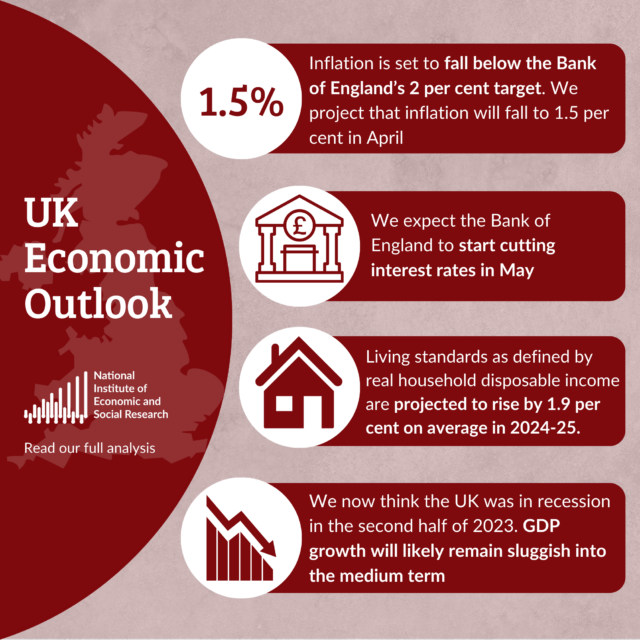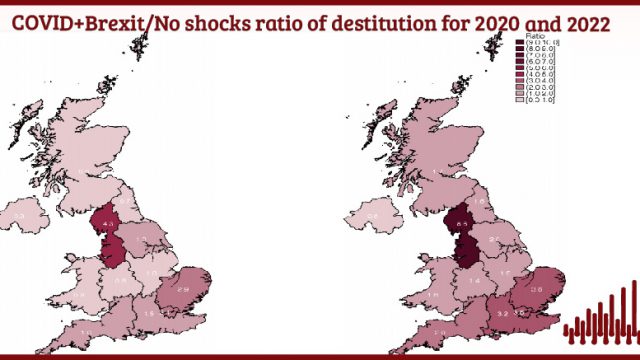- Home
- Publications
- The Economic Case For Further Fiscal Decentralisation To Scotland: Theoretical And Empirical Perspectives
The economic case for further fiscal decentralisation to Scotland: theoretical and empirical perspectives
 Pub. Date
Pub. Date
 Pub. Type
Pub. Type
External Authors

Bell, Professor David

Eiser, David
Related Themes
Productivity, Trade, and Regional EconomiesJEL Code
H10, H11, H30, P48, R13
Journal
National Institute Economic Review, No. 233
Publisher
Sage Publications, London
External Resources
Abstract:
This paper examines the background to calls for further fiscal decentralisation in Scotland in the light of theories of fiscal federalism. In particular, it examines whether spatial differences in preferences, which are central to ‘first generation’ theories of fiscal federalism can be argued to play a central role in the case for granting Scotland further tax and spending powers. ‘Second generation’ theories of fiscal federalism draw attention to the political economy of allocating tax powers to different levels of government. Some of the authors in this strand of theory argue that the case for allocating tax powers to subnational governments can be made in terms of ‘accountability’ – the notion that local politicians can be better held to account for the outcomes of policy actions. Our empirical analysis suggests that there is no clear difference in preferences between Scotland and the rest of the UK along a number of key political dimensions. However, the Scottish parliament enjoys substantially higher levels of trust among the Scottish electorate than does the UK parliament.
Related Blog Posts

Exploring the Data on UK Productivity Performance
Issam Samiri
Stephen Millard
11 Dec 2023
4 min read

UK Investment Past and Prospects: A Framework for Analysis
Catherine Mann
01 Dec 2023
6 min read


Where Are We With Regional Inequalities in the UK?
Adrian Pabst
Jagjit S. Chadha
01 Nov 2023
5 min read
Related Projects
Related News


Related Publications


Productivity and Investment: Time to Manage the Project of Renewal
12 Mar 2024
UK Productivity Commission

UK Households Should Start Feeling Better Off as Election Looms
07 Feb 2024
UK Economic Outlook

Adam Smith and the Bankers: Retrospect and Prospect
04 Jan 2024
National Institute Economic Review
Related events

Investing for Growth: boosting productivity through higher public and private investment

The Outlook for the Welsh Economy

Prais Lecture with Chris Pissarides: The Future of Work and Wellbeing

A View and Prospects for British Investment

How Can We Raise Investment?

Productivity Commission Evidence Session: Examining the Role of International Investment

High Dimensional Forecasting and its Pitfalls – M. Hashem Pesaran

Finance and Growth Workshop






